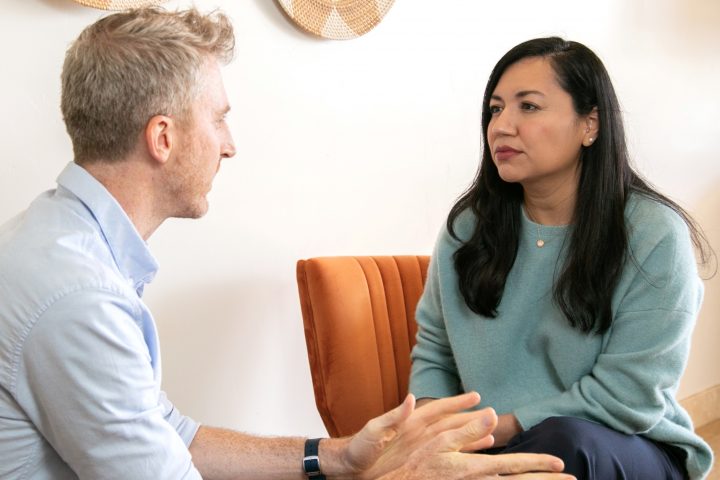
Most leaders will say that listening is very important…
- “Listening was the most important thing I accomplished each day because it would build the foundation of my leadership for years to come.” Satya Nadella, CEO of Microsoft
- “You won’t find a course on listening at many business schools, but it’s an essential skill for leaders if they hope to counteract the multiple forces that can lull them into believing they know everything they need to know about what’s happening in their organizations.” Kevin Sharer, former CEO of Amgen
…and yet most people rarely listen.
- Researchers asked a group of adults to listen to a 10-minute oral presentation and then describe the content. Half of the participants could not do this, even a few minutes after the talk.
- “For many of us, the opposite of talking isn’t listening. It’s waiting. When others speak, we typically divide our attention between what they’re saying now and what we’re going to say next—and end up doing a mediocre job at both.” Daniel Pink, author of To Sell is Human
We believe there are a few reasons for this contradiction:
- According to Bob Sullivan and Hugh Thompson in Scientific American, most adults dramatically overestimate their listening skills, making it less likely they will work to improve them.
- Adults have a bias for action and listening can seem passive. In a famous study of soccer penalty kicks, Michael Bar-Eli, an Israeli psychologist, found that in 93.7% of penalty kicks, the goalie dove left or right, and yet 1/3 of penalty kicks are to the middle of the goal. Bar-Eli reasoned that the goalies had a bias for action and would be less embarrassed to dive to the wrong corner than appear to have done nothing by staying in the center.
- Some leaders believe that if they listen to colleagues, they will be perceived as weak.
The good news is that with just a few simple steps, you can dramatically improve your listening skills:
- Give the speaker your full attention. Turn away from your computer and turn your phone off. (Yes, off. Research shows that just having a phone present, even if not in use, not only reduces connection and empathy between people but also reduces our cognitive functioning.)
- Ask open-ended questions that encourage the speaker to expand on their thinking.
- Ask follow-up questions that focus specifically on what the speaker has just said.
- Don’t share your opinion—at least not right away. Sharing your opinion shifts the attention away from the speaker and over to you. If your intention is for that person to feel heard, keeping the attention on them will help.
We hope this helps you to explore this important leadership skill!
The Boda team
